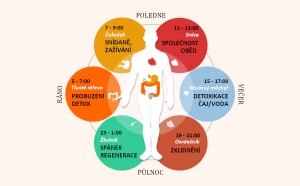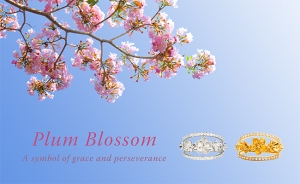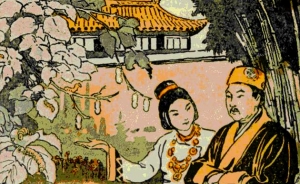The Reluctant Emperor
Few earthly rulers inspired as much reverence, respect, and rapture as China’s emperors. Some were brilliant military strategists; others incomparable social architects. Esteemed or infamous, all left long-lasting effects on history, culture, and society.
But one famous emperor didn’t want to be one at all.
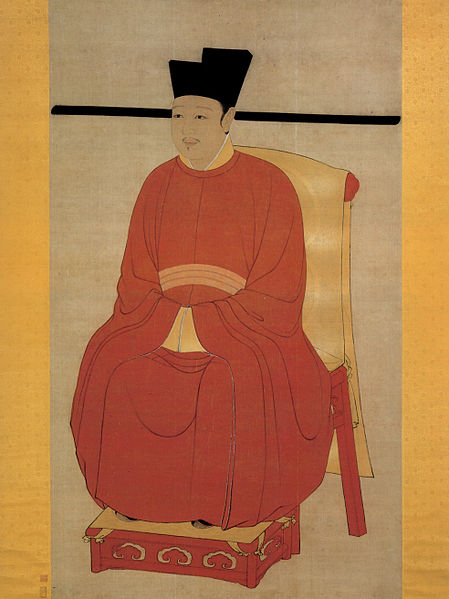
Weak but Wealthy
By 1120, the Song Dynasty had already ruled China for 160 years. Rich and prosperous, the dynasty revered scholars and the fine arts. Yet in the capital of Hangzhou, the imperial family’s distrust of generals, combined with dubious economic reforms, left the country militarily weak.
The Song Dynasty faced constant attacks from the neighboring kingdoms of Liao, Jin, and Western Xia. Rather than fight their enemies, Song emperors paid them off with annual gifts of gold, silk, and other goods. Chump change, for a country whose gross domestic product almost matched the rest of the world combined.
Threads of Gold
In 1082, into this time of passive and confused rulers, Emperor Huizong was born. He had zero interest in running the country, preferring to spend his days painting and practicing calligraphy. His skill with the brush was so polished that he invented a new style of script called the Shou Jin Ti, or “Slender Gold Style.” Later scholars praised his Chinese characters, noting how their delicacy and sharpness resembled threads of finely spun gold.
Enemy, Ally, Enemy
His carefree days couldn’t last forever. The Liao and Jin grew restless, then attacked, and, in 1120, the Song allied with the Jin to defeat the Liao.
The superior Jin singlehandedly decimated the Liao forces and conquered its lands. Three years later, a Jin general with generous holdings of land defected to the Song. In a foolish move, the Song imperial court gave him an honorary title while absorbing his lands into existing Song territory. The Jin was enraged at the Song for harboring a traitor and stealing land. It again declared war on the Song.
A Close Call
Emperor Huizong responded by abdicating, in favor of his elder son Qinzong, and fleeing to the countryside. Fighting reached a stalemate, but the emperor’s younger son was held for ransom during ensuing peace talks. Finally, the Song offered money—as well as an entire city—to placate the Jin.
The Jin released the hostage and normalcy returned. The runaway Huizong rejoined his son, Emperor Qinzong, in the imperial palace to live a life of daily partying. Suggestions by the generals to increase border patrols were rejected by Qinzong, who could not imagine that the Jin would attack again. Experienced, loyal generals who had defended the capital in crisis were stationed in other parts of the country, their soldiers decommissioned and sent home.
Just three months later, the Jin would send a pair of ambassadors to the Song imperial court, where a fatal mistake would lead to imperial kidnappings, murder of a loyal general, and the death of a dynasty.
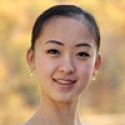
Jade Zhan
Contributing writer
11. Leden 2013



